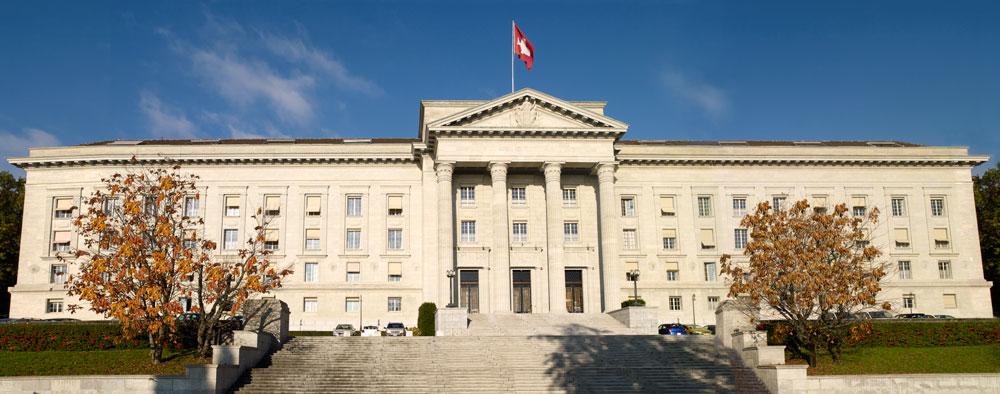Limits to the principle of public access to official records – protection of researchers’ privacy rights

Expert reviews remain confidential. The Federal Supreme Court backs the Swiss National Science Foundation practice.
The Federal Supreme Court's decision protects the privacy rights of researchers: their personal data will remain confidential.
In a public deliberation, the Federal Supreme Court today debated the important question of where to draw the line between the public interest to access official records and the researchers' interest to protect their right to privacy.
Based on the Freedom of Information Act, the Dignitas association had demanded access to nine approved project proposals of National Research Programme 67 "End of Life". The Swiss National Science Foundation (SNSF) met this demand as far as legally permissible and granted partial access to the research proposals, while maintaining research, expert and referee confidentiality.
Both the Federal Data Protection and Information Commissioner and the SNSF have declined the request for access to the synopsis and overall comments of the expert review because this would compromise the privacy rights of the researchers.
After gaining only limited access to documents, Dignitas put the matter before the Federal Administrative Court (FAC). The FAC decided that the SNSF must grant access to the synopsis and the overall comments.
The SNSF appealed to the Federal Supreme Court against the decision of the Federal Administrative Court in an effort to safeguard the privacy rights of the researchers. Now the Federal Supreme Court has ruled that the confidentiality applicable to proposal documents is more far-reaching than what Dignitas had demanded. With this verdict it confirms that the SNSF has correctly distinguished between public and private information.
The SNSF shares information transparently while respecting the legal provisions. A public project database provides extensive data on the research projects funded by the SNSF.
